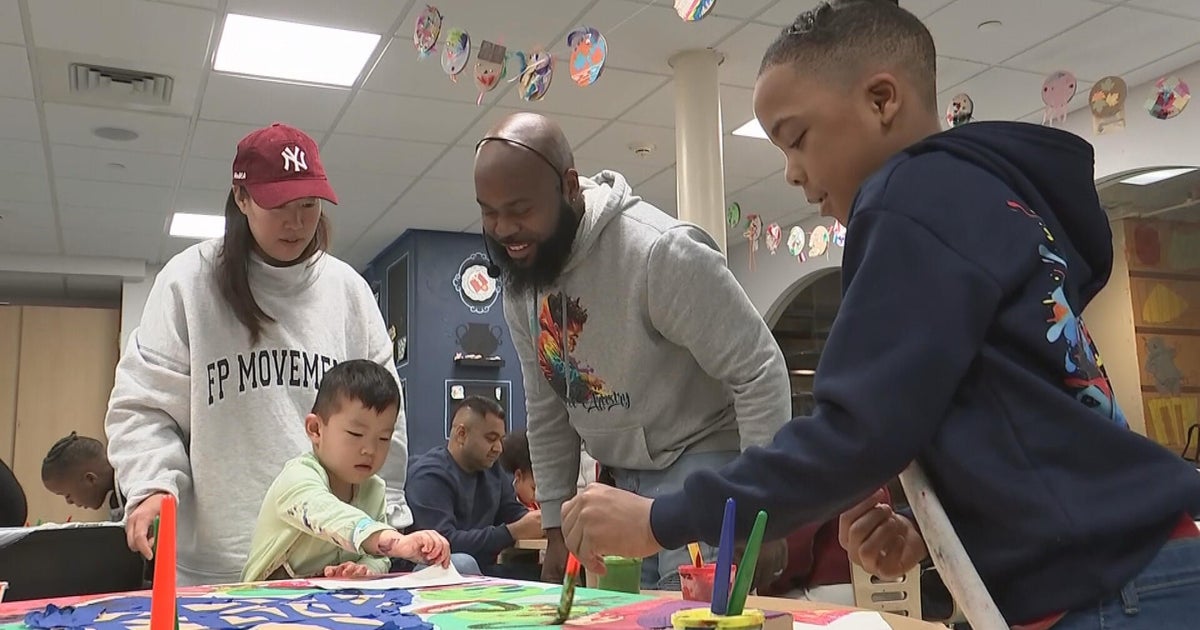Top Tips To Help Snoring Children
 Young girl sleeping (Photo Credit: Thinkstock)
Young girl sleeping (Photo Credit: Thinkstock)
The National Sleep Foundation defines snoring as "noisy breathing during sleep." You may define it as why you cannot sleep while your child is sleeping in the next room. Specifically, snoring is vibrations in the airways that result in the "gurgly," growly sound that you hear when your child snores. Beyond being annoying, it can be indicative of an underlying condition. However, it may also just be snoring.
Causes of Childhood Snoring
According to the UCLA Sleep Disorders Center, 20 percent of kids snore occasionally. About seven to 10 percent snore nightly. And only in two percent of children is severe snoring found. Severe snoring means your child has a sleep or breathing problem that could be dangerous. There are several culprits of both severe and mild snoring.
- Obstructive sleep apnea (OSA) - OSA is a disorder that causes breathing to pause during sleep. If your child gasps or her chest sucks in while she snores, OSA could be the cause.
- Cold/Allergies - Snoring can be a result of an airway blockage from stuffiness. If your child has a cold or is suffering from respiratory allergies, they could be the reason no one is getting any sleep.
- Being overweight/obese - There is a definite connection between childhood snoring and weight. In fact, being overweight can lead to sleep apnea, the more severe cause of snoring.
- Premature birth - Children who were born premature have a higher risk of sleep apnea.
- Heredity - There seems to be a link between familial sleep apnea and childhood sleep apnea. If your child is snoring and someone in the family has sleep apnea, speak to a medical professional.
The Impact of Snoring on Kids
You may not realize the connection, but a child who snores may have a number of issues both physical and behavioral.
- Drowsiness - You are not the only person having trouble sleeping because of the snoring.
- Symptoms similar to ADHD - A child with a severe snoring problem may have hyperactivity and difficulty concentrating.
- Nodding off and daydreaming - Lack of sleep can lead to daydreaming at school and even falling asleep during the day.
- Behavior and mood problems - Just like any overtired person, a child who snores can get cranky and act out.
Treatments for Children Who Snore
There are three treatment options for snoring listed by UCLA.
- Surgery to treat overlarge adenoids or tonsils
- PAP or positive airway pressure machines can help the problem, though they are a bit obtrusive
- Weight loss for overweight children
The first thing to do if your child snores is to stay calm. Odds are the problem is not serious. However, always take it up with your pediatrician.
Shelly Barclay is a professional freelance writer and amateur author. She writes on a variety of topics from food to mysteries. She loves to share the culture and rich history of her birthplace and home, Boston, with the rest of the world. Her work can be found at Examiner.com.







